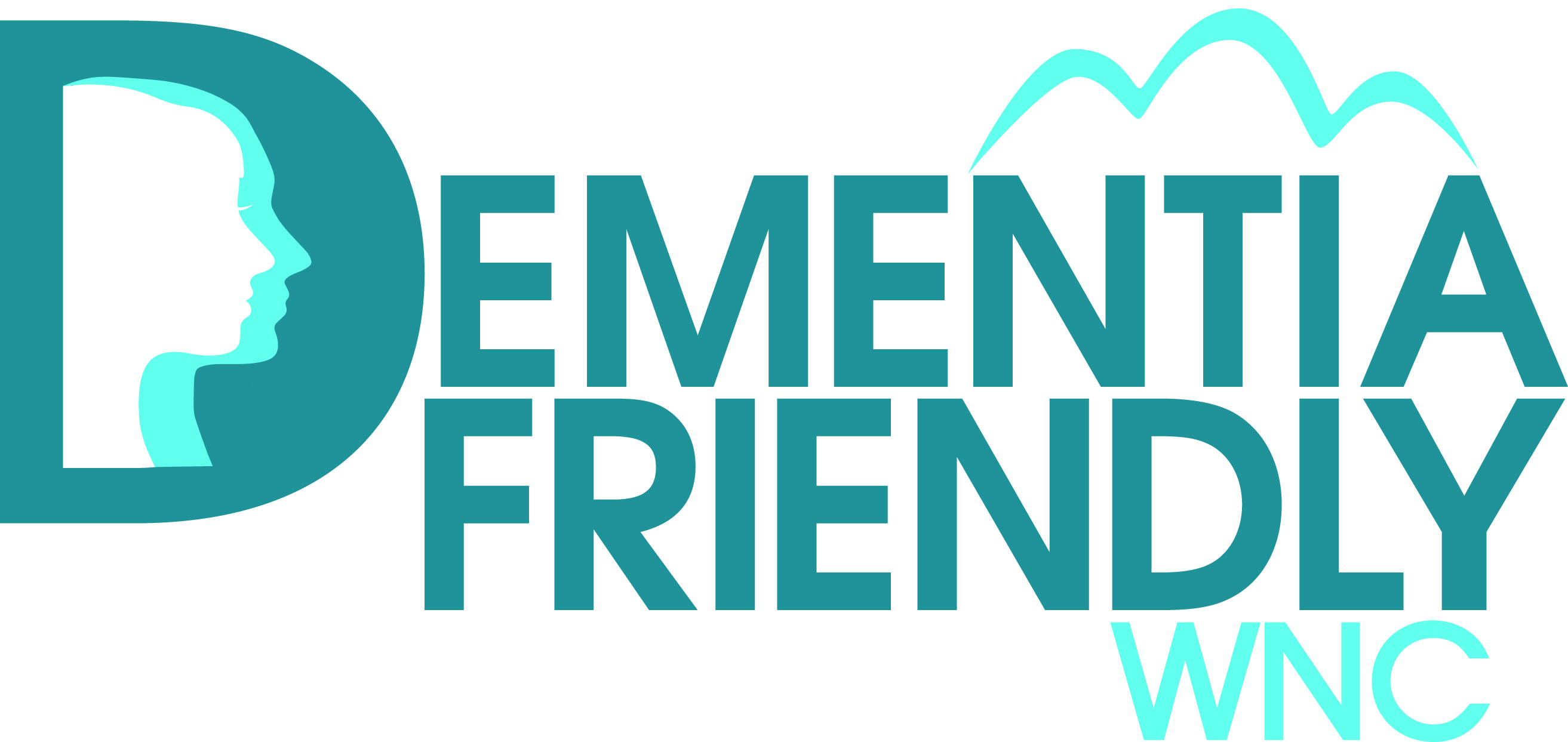
- ABOUT LOS
- DEPARTMENTS
- Administration and Finance
- Area Agency on Aging
- Active Aging Week
- Aging Advisory Council
- Aging Related Trainings
- Buncombe County Aging Plan
- Congregate Nutrition Meal Sites
- Cultural Change in Aging Network of WNC
- Dementia Friendly WNC
- Fall Prevention
- Family Caregiver Support Program
- Foster Grandparent Program
- HCCBG Services
- Health Promotion and Disease Prevention
- Living Healthy Program
- Local and Regional Planning
- Local Contact Agency (LCA)
- Operation Fan/Heat Relief
- Ombudsman Program
- Project C.A.R.E.
- Senior Centers
- Senior Community Services Employment Program (SCSEP)
- Senior Companion Program
- Senior Tar Heel Legislature
- SHIIP
- TRIAD
- Volunteer Advisory Council
- Economic and Community Development
- PLANNING
- Air Quality
- Agriculture and Forestry
- Clean Energy
- Clean Vehicles Coalition
- Comprehensive Economic Development Strategy
- GIS and Technical Services
- GroWNC
- Infrastructure and Community Development
- Land Use Planning
- Recycling Education
- Regional Brownfields Initiative
- Waste Reduction Partners (WRP)
- Water Resources
- West NGN Broadband
- ECD Past Projects
- TRANSPORTATION
- Blue Ridge Bike Plan
- French Broad River MPO
- GO Mountain Commuting
- Greenways Initiatives
- Land of Sky RPO
- Regional Transportation
- Mountain Area Workforce Development
- Transportation Resource Center
- CALENDAR
- MEMBER GOVERNMENTS
- Buncombe County
- City of Asheville
- Town of Biltmore Forest
- Town of Black Mountain
- Town of Montreat
- Town of Weaverville
- Town of Woodfin
- Henderson County
- Village of Flat Rock
- Town of Fletcher
- City of Hendersonville
- Town of Laurel Park
- Madison County
- Town of Hot Springs
- Town of Marshall
- Town of Mars Hill
- Transylvania County
- City of Brevard
- Town of Rosman
- RESOURCES
- OPPORTUNITIES
- CONTACT US

Cultural Change in Aging Network of WNC
Family Caregiver Support Program
Health Promotion and Disease Prevention
Local Contact Agency (LCA/CRC)
Senior Community Services Employment Program


Staff
Edward Jones
Family Caregiver Resource Specialist
828.251.7441
Pat Hilgendorf
Caregiver Program Associate
Family Caregiver Support Program
Kinship Caregivers, e.g,Grandparents Raising Grandchildren
Eligibility Criteria for Grants. (All kinship caregivers are eligible for education and referral services.)
- Caregiver must be an older relative by blood or marriage and must be age 55 or older.
- Care recipient must be child under age 18 and live with the older relative who is raising the child or an adult with a disability.
- Parent must be unable or unwilling to function as parent
- Care recipient (child) does not need to have any disability
- Caregivers that have guardianship are priority. Not important if there is no waiting list.
- Older relative caregiver cannot have adopted the child or receive other federal funding for the child.
Funding from the Corona Virus Aid, Relief and Economic Security Act (CARES) provided additional funding to the Family Caregiver Program.
Caregiver Support is Vital
FREE Powerful Tools for Caregivers Six Week Course in 2021
Fridays from 2:30 to 4:00 pm, SIX WEEK COURSE from January 22 - February 26
Virtual event: https://aarp.cvent.com/PowerfulToolsJanuary2021 or call 828-337-2359
This interactive workshop is designed to empower family caregivers to take care of themselves while caring for a relative or friend. You will benefit from this class if you need to find more time for you while caring for someone who lives at home, in a nursing home, or across the country. Participants register by January 18thand must commit to attending a minimum of 4 out of the 6 sessions.
Here are a few quotes from people who took the  fall course:
fall course:
“Great class with lots of information and ideas on how to communicate our needs, as well as encouraging us to care for ourselves.” DT, Powerful Tools Participant, Fall 2019
“This class arrived at a critical time for me in the caregiving process. I am the primary support for my 85 year old mother with dementia. Making difficult decisions about her care and finding resources for help have taken a toll on my own health. Recognizing that taking care of myself is the number one priority is helping me to de-stress and find my way forward. I am grateful for the support of others in the group and to the facilitators who are skilled in navigating these topics.” Powerful Tools Participant, Fall 2019
“I thought I ‘knew’ about these issues, but this class greatly raised my consciousness and gave me new ideas in a supportive structure. Great Class!” DR, Powerful Tools Participant, Fall 2019
Kinship Caregivers, e.g,Grandparents Raising Grandchildren
Eligibility Criteria for Grants. (All kinship caregivers are eligible for education and referral services.)
- Caregiver must be an older relative by blood or marriage and must be age 55 or older.
- Care recipient must be child under age 18 and live with the older relative who is raising the child or an adult with a disability.
- Parent must be unable or unwilling to function as parent
- Care recipient (child) does not need to have any disability
- Caregivers that have guardianship are priority. Not important if there is no waiting list.
- Older relative caregiver cannot have adopted the child or receive other federal funding for the child.
Is caring for an aging loved one taking its toll? Get the help you need.
Caregiving: How to Tackle Behaviors with Love
Caregiver Resource Directory - For Buncombe, Henderson, Madison and Transylvania Counties
WLOS’s Carolina Spotlight: What Does The Family Caregiver Program Offer?
The Family Caregiver Support Program works on a regional level to establish partnerships with caregiver service providers, caregivers, and those who interact with caregivers to leverage resources and improve and expand the available resources / services for caregivers. This program is funded by the Older Americans Act, Title III-E.
You are a caregiver if you...
- Provide personal care for a love one (such as bathing, dressing, toileting, meal or feeding task, aiding walking / movement).
- Perform task to help such as...(errands, shopping, budgeting, medical appointments, home repairs and chores, and transportation).
- Seek assistance and/or formal services (i.e. hiring or needing someone to stay with your loved one).
- Consider long-term care or placement (making the decision to place your loved one and then your level of involvement after placement).
- Coping with loss (when death, end of life issues, or just a change in the relationship brings about difficult adjustments for you).
Land of Sky Regional Council’s Family Caregiver Support Program provides information, assistance and support to these family members and friends who are caring for a frail elderly person or someone with Alzheimer’s disease. Grandparents and older relatives age 55 and older who are raising a child are also eligible for assistance.
Caregivers will receive information about services and programs available to help them keep the person they care for at home. Limited financial assistance is available for caregiver respite, which allows caregivers to take a short break from their caregiving responsibilities. Support groups as well as workshops and training programs are available to help caregivers take better care of themselves and the person they are caring for.
Dementia Friendly WNC is committed to the well-being of people living with dementia and their families through a welcoming and knowledgeable community. Dementia Friendly WNC is a grass roots organization dedicated to creating a community where all members are respected and valued.
Do you know that North Carolina has a State Plan for Addressing Alzheimer’s Disease and Related Disorders?
Young Adults Are Also Caregivers
For information about scholarships for young adults who are juggling caregiving responsibility with being a student, consult this link.
Caregiving Websites:
The Eldercare Locator
A national directory for information on aging programs and services anywhere in the United States.
Family Caregiver Alliance and National Center on Caregiving
Caregiving information and advice, fact sheets and publications, newsletters, public policy and research.
Alzheimer's Association
An informative Web site for information about Alzheimer's Disease and caring for someone with Alzheimer's.
The Alzheimer’s Store
Products and information for those caring for someone with Alzheimer’s disease. Products have been selected to make living with Alzheimer’s disease as easy as possible.
The Caregiver Action Network
Education, peer support, and resources that serves a broad spectrum of family caregivers ranging from the parents of children with special needs, to the families and friends of wounded soldiers; from a young couple dealing with a diagnosis of MS, to adult children caring for parents with Alzheimer’s disease.
Next Step in Care
Next Step in Care has five categories of information for you to choose from: The hospital, discharge planning, rehabilitation and subacute care, care at home, and outpatient care.
Each category has guides specially chosen for that setting or issue. There are 28 family caregiver guides, checklists, and forms. In addition, there are videos, common terms and definitions, and a section of links and resources.
Senior Services Directories:
Buncombe County
Henderson County
Madison County
Transylvania County
